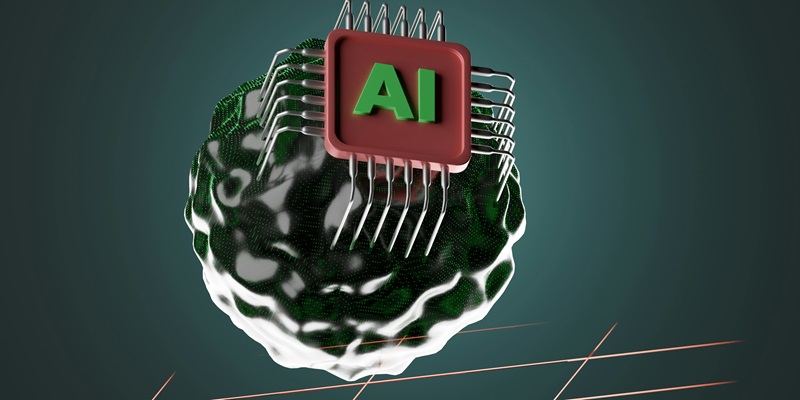In April 2023, OpenAI experienced a security breach involving unauthorized access to their employee discussion forum, which sparked a significant debate about transparency practices in the AI sector given OpenAI’s influential role in the field. Even though no customer or partner information was compromised, the company chose not to inform the public or law enforcement, citing its status as a private entity without mandatory breach disclosure obligations. This decision heightened concerns about transparency and security within the AI industry.
Breach Details and Secrecy
The April 2023 breach at OpenAI involved unauthorized access to their employee discussion forum, an incident that did not lead to the compromise of any customer or partner information. Despite the seemingly limited impact of the breach, OpenAI opted to keep this information internal, notifying only employees and withholding it from the public domain and law enforcement authorities. This choice was influenced by their private entity status and the lack of mandatory legal requirements for breach disclosure. The decision has stoked considerable debate within the AI community about the ethical implications and the need for transparency in handling such security incidents.
Security Concerns
Security experts and some OpenAI employees have raised alarms regarding potential vulnerabilities left exposed by the breach, especially concerning espionage risks from competitors or nation-state actors like China, Russia, Iran, or North Korea. Although the breach did not involve the theft of sensitive code, any information gleaned could still be valuable for improving technological capabilities or competitive positioning. The incident highlights the pressing need for robust cybersecurity measures in the AI industry, where intellectual property and technological advancements are highly prized and increasingly susceptible to cyber-attacks. The event underscores the critical importance of ensuring that even internal breaches are meticulously assessed and appropriately disclosed.
Transparency Challenges
OpenAI’s decision to maintain secrecy regarding the breach has drawn significant criticism, diminishing trust and raising serious questions about transparency within the organization. Historically, OpenAI’s shift from an open-source to a closed-source model has already drawn scrutiny, and the lack of disclosure following the breach has only exacerbated these concerns. Critics argue that such actions undermine accountability and trust, which are essential in an industry that wields considerable influence over technological development and societal outcomes. The situation underscores the need for a more transparent approach to ensure that stakeholders, including employees and the public, are adequately informed of security incidents that could impact them.
Industry Implications
The OpenAI breach serves as a cautionary tale for the AI industry, highlighting the high value of intellectual property and the consequent risks of cyber-attacks. Many AI companies, including new startups, face the dual challenge of driving rapid innovation while ensuring adequate security measures. The incident may lead to increased pressure from both market forces and potential regulatory frameworks to adopt more transparent practices. Companies need to balance the imperative of maintaining competitive advantages with the ethical responsibility of transparency, particularly as the demand for it grows among stakeholders who prioritize risk mitigation and trust.
Future Directions and Regulations
As artificial intelligence becomes increasingly integral to various infrastructures, the implications of security breaches extend beyond individual companies to national security concerns. Incidents like the OpenAI breach may prompt congressional or regulatory inquiries into the security and transparency practices of AI firms. The demand for transparency is expected to grow, driven by stakeholders—including customers, investors, and employees—who view it as critical for risk management and trust-building. As a result, the industry might see the development of more stringent disclosure requirements and regulatory oversight to ensure that transparency and security go hand in hand with technological innovation.
Synthesized Understanding
The breach at OpenAI starkly illustrates the tension between rapid technological progress and the necessity for robust security and transparency in the AI sector. Although OpenAI chose not to disclose the breach publicly, this decision has sparked a broader discussion about the ethical responsibilities of leading AI companies. Striking a delicate balance between maintaining competitive edges and fostering trust through transparency remains a significant challenge. This incident serves as a clarion call for the industry to reassess its approach to transparency, highlighting the critical need for more accountable practices to ensure sustainable development and public confidence in AI technologies.

